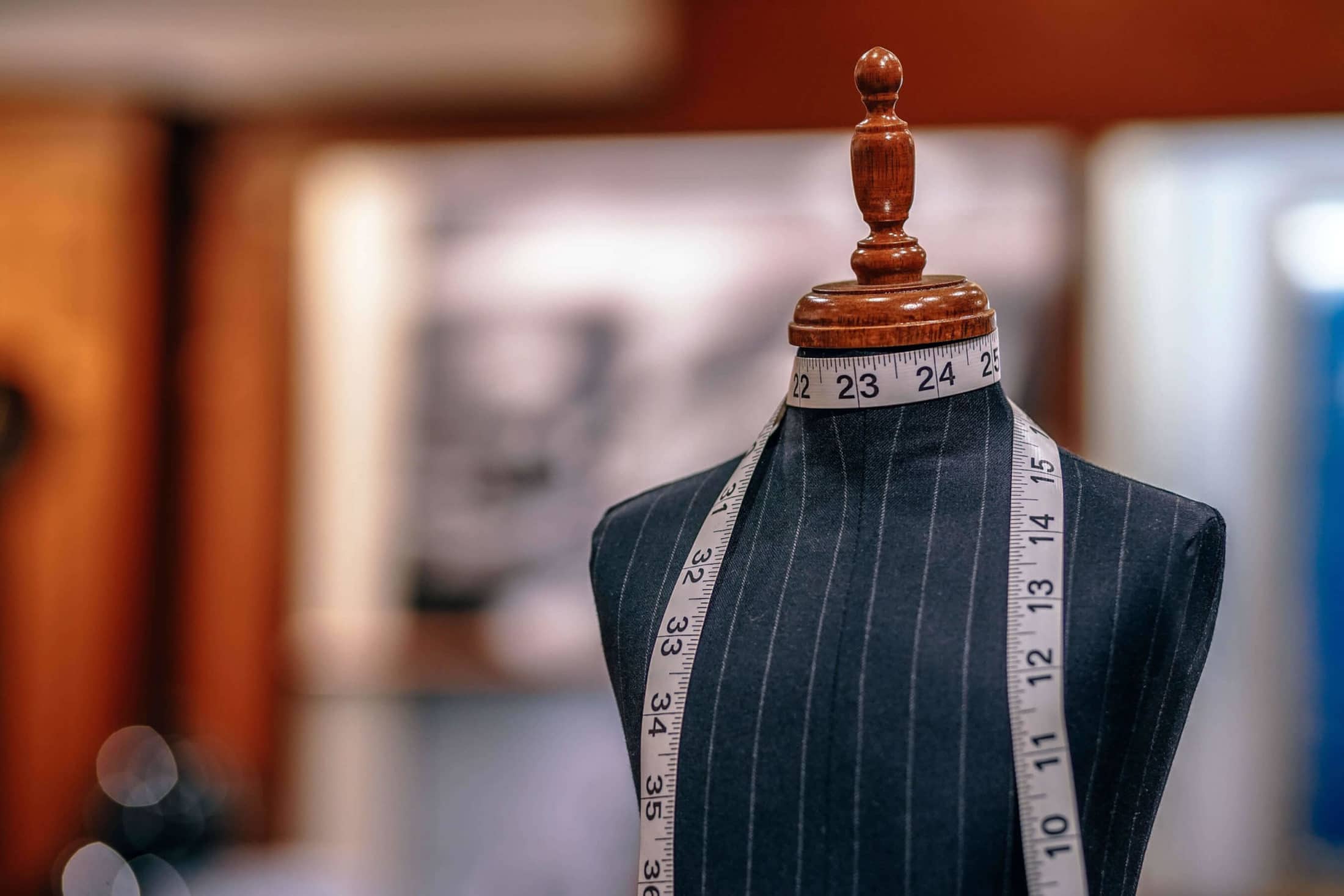
I changed my mind about prisons
Opinion + AnalysisPolitics + Human RightsHealth + WellbeingSociety + Culture
BY Sophie Yu 14 MAR 2024
Every time the face of a criminal flashed up on the screen of our flatscreen TV, my parents would never hesitate to condemn the perpetrator, and demand the prolonged imprisonment of the thief or shoplifter.
For violent crimes, the death penalty would often come into conversation.
My siblings and I, perched on the leather couch, would listen open-mouthed, our young minds unable to comprehend how anyone would even consider such an act. I thought to myself: anyone who went to jail was inherently evil, different to normal people.
Yet, as I grew older and started to reach beyond the sheltered confines of our upper-middle-class home, that perspective gradually fell apart.
I have come to realise that our prison system is dysfunctional, a warped interpretation of right and wrong. A system designed for retribution, that essentially calls an end to a person’s potential in life, is both ethically and practically malfunctioning. Intended to benefit society through rightful punishment and restorative justice, it is instead one of the largest perpetrators of discrimination and often even worsens a prisoner’s life after release.
For instance, consider the story of Wesley Ford: a gay Whadjuk/Ballardong man, who battled with a drug addiction that fuelled 13 prison stints over two decades. He was just one of the 60% of Australian prison detainees who have been previously incarcerated. We have one of the highest recidivism rates in the world and, in a world where over half of prisoners expect to be homeless after release, and it is nearly impossible to secure employment, is that really such a surprise?
Our sentences do not tend to be harsh enough to fully realise the power of deterrence, nor are the quality or quantity of support services anywhere near sufficient to rehabilitate offenders.
In the words of Ford, ‘There were services there, but it is such a farce, because … they are so few and far between hardly anyone can get onto them.’
This also promotes a cycle of crime, further disadvantaging minority groups. Despite making up only 2% of the overall population, Indigenous Australians constitute nearly 30% of prisoners. They are twice as likely to have been refused bail by police before their first court appearance.
As for a solution, the harsher approach, employed by regimes such as Russia, is evidently unethical. Criminal behaviour must be punished, but the unnecessary imposition of prolonged sentences or even death penalties for minor offenders is closer to a violation of basic human rights, rather than the intended enforcement of justice. This is supported by various ethical frameworks, be it a utilitarian goal to preserve life, or the Christian belief in grace. Instead, especially for those who are low-risk offenders, restorative justice measures should be utilised to punish behaviour whilst also incentivising criminals to make better decisions. This approach has been proven to work, as evidenced by the Norwegian system.
With a system of small, community facilities that focus on rehabilitation and reintegration into society, Norway’s prison system ensures that prisoners do not lose their humanity and dignity whilst incarcerated. The facilities are typically located close to the inmates’ homes, ensuring that they can maintain relationships, and the cells resemble dormitories rather than jails. Norwegian prisoners have the right to vote, receive an education, and see family.
This approach may seem radical, but it has been incredibly successful in Norway. The Scandinavian nation has one of the lowest recidivism rates (20% within 2 years), a dramatic decrease since the 1990s (70-80%, like modern-day USA) when it had a more traditional system. Furthermore, ensuring that prisoners can live normal lives after release benefits the economy. Fewer people in prison means more capable adults available for employment, and many prisoners even leave with additional skills, leading to a 40% increase in employment rates after prison for previously unemployed inmates.
Yet, one drawback is the higher expenses of this system. Norway spends an average of 93,000 USD per year per prisoner, which is potentially unviable for countries with larger prison populations. Such a proposal would also likely be controversial amongst voters, unhappy with their taxpayer dollars being spent on criminals.
And might it be unethical to divert taxpayer funds to lawbreakers? To what extent does one deserve forgiveness? When does an act become unforgivable?
The issue is extremely complex, and realistically, a slightly different setup might be necessary for each unique society. Yet, the approach is undeniably more ethical, and benefits of rehabilitation are well-documented. In Australia, a country with a low population and high recidivism rates, success is highly likely.
Through the recognition that lawbreaking does not definitively indicate moral character and that factors such as socioeconomic status, bias, and even racism can impact the likelihood of incarceration, we can begin to see prisoners as human, too.
Forgiveness is a moral imperative and this is something that our prison system should reflect.
‘I changed my mind about prisons‘ by Sophie Yu is one of the Highly Commended essays in our Young Writers’ Competition. Find out more about the competition here.

Ethics in your inbox.
Get the latest inspiration, intelligence, events & more.
By signing up you agree to our privacy policy
You might be interested in…
Opinion + Analysis
Society + Culture
The ethics of pets: Ownership, abolitionism and the free-roaming model
Opinion + Analysis, READ
Politics + Human Rights
How to find moral clarity in Gaza
Opinion + Analysis
Health + Wellbeing, Relationships
You are more than your job
Opinion + Analysis
Relationships, Society + Culture




